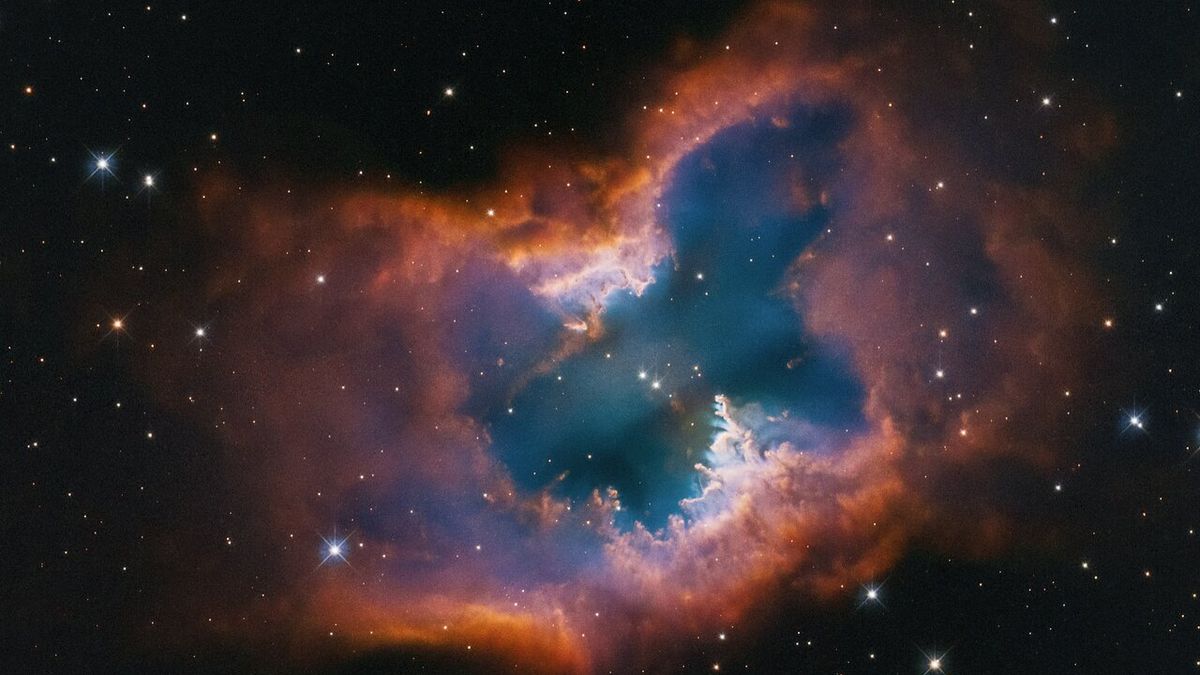ARTICLE AD BOX
 Thomas Grubler, OroraTech chief strategy officer and co-founder, is serving as the president and CEO of its U.S. division. Credit: OroraTech
Thomas Grubler, OroraTech chief strategy officer and co-founder, is serving as the president and CEO of its U.S. division. Credit: OroraTech
TAMPA, Fla. — German satellite operator OroraTech opened its U.S. headquarters in Denver, Colorado, April 24 to push its growing wildfire-monitoring constellation into a country that regularly experiences some of the world’s most costly fires.
The seven-year-old startup said the office will be a central hub for connecting U.S. emergency services, utility providers and government agencies with its wildfire mapping and analysis platform.
Leveraging a proprietary network of 10 heat-tracking cubesats in low Earth orbit, along with public data from more than 30 satellites in LEO and geostationary orbit, OroraTech says its services can significantly improve response capabilities once a fire breaks out.
The company also announced that Larimer County, Colorado, has become one of the first U.S. customers for its Wildfire Solution Coop program, which OroraTech chief operating officer Lauren Quesada said gives fire agencies an affordable way to trial its services, including hands-on training.
Justin Whitesell, emergency services director for the Larimer County Sheriff’s Office, said: “Proactive preparation is the key to reducing wildfire risk and protecting our communities.
“However, tools for wildfire intelligence and situational awareness are still critical.”
He said the partnership supports Larimer County’s broader wildfire resilience efforts and could serve as a model for other regions.
OroraTech employs more than 140 people across five continents, and also has offices in Germany, Australia, Brazil, Canada and Greece. Quesada said the company currently employs four people in Denver, entirely focused on business development and initial sales outreach, but plans to expand quickly in the coming year.
In addition to its U.S. expansion, OroraTech recently signed a contract with the Greek government to develop a 20 million euro ($22.7 million) national satellite-based wildfire early warning system. According to the company, the deal makes Greece the first country to implement such a nationwide system using space-based thermal monitoring.
OroraTech also partnered on a contract worth about $50 million from the Canadian Space Agency in February to help build WildFireSat, a constellation of cubesats designed to monitor wildfires across Canada and support domestic and international fire management.
Expansion plans
The U.S. expansion comes nearly a month after Rocket Lab launched a batch of eight 8U cubesats for OroraTech, built by Spire Global and equipped with thermal-infrared sensors tailored for wildfire detection.
“The constellation currently allows for a 4 pm and 4 am (at the equator) global revisit,” Quesada said via email.
A second set of eight satellites is slated to launch later this year, which she said would add two more revisits — one in the afternoon and another early morning — globally.
The company ultimately aims to operate a constellation of 96 satellites capable of capturing global thermal imagery every 30 minutes, enhancing its ability to identify and track wildfires as climate change drives increasingly extreme conditions worldwide.
Competitors in the thermal Earth observation sector include MuonSpace of Mountain View, California, which deployed a prototype earlier this year for its own planned wildfire-monitoring constellation.
Jason Rainbow writes about satellite telecom, finance and commercial markets for SpaceNews. He has spent more than a decade covering the global space industry as a business journalist. Previously, he was Group Editor-in-Chief for Finance Information Group,... More by Jason Rainbow

 7 hours ago
1
7 hours ago
1







 English (US) ·
English (US) ·